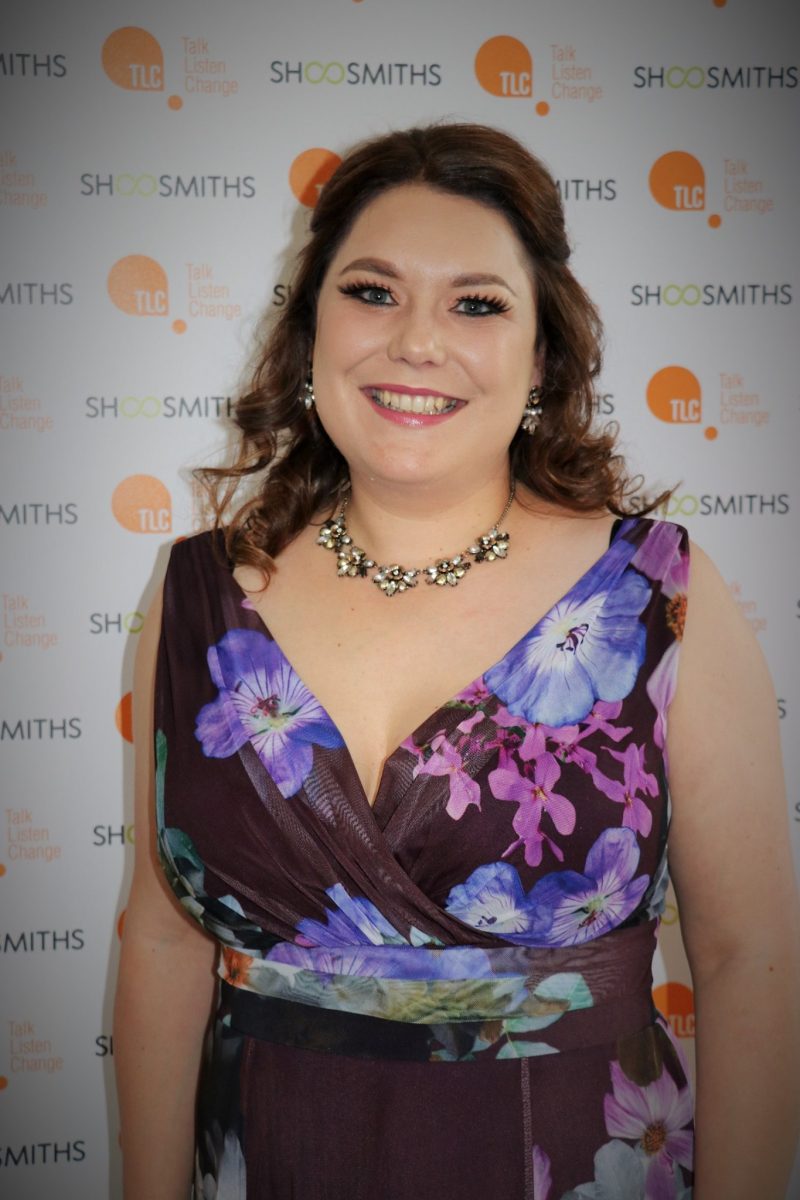
Finances: Five Key Things I’ve Learnt
5 key things I have learnt about the management of finances through our journey.
I’ve been thinking lots about our financial journey since we launched in 2017 to where we are now and thought I would share 5 key things I have learnt about the management of finances through our journey.
I know for some people reading this may seem more boring than some of the other topics I will reflect on, but this has been the bit of the organisation that (until recently) kept me up at night, so it feels lovely to be able to celebrate and reflect where we’ve come from and also plan for the future.
I’m also, secretly, a bit of a geek, who loves a good spreadsheet (just talk to my husband to see how I manage our household finances to see how much that is true!) and I’ve realised time and time again, that no matter how exciting and ambitious your plans, if the financial side of things aren’t covered, you can’t do things that aren’t safe. Financial awareness and strategy is a key part of any charity CEO role.
1. Diversity of income
We’ve been really fortunate to be supported on our journey over the last 5 years by some wonderful funders and one of these was the Lloyds Bank Foundation. As part of this funding we accessed their Enhance package and got some support about income diversification from the School of Social Entrepreneurs (SSE). I’ve been back to SSE a number of times to deliver witness sessions about our experience and journey because it’s fair to say it was transformational for us. We’ve always been conscious that we don’t want to be an organisation that relies on one form of funding or are over reliant on a specific funder. We think about our income coming from a range of places as a way of mitigating risk, including fundraising and events, commissioned and contracted services and traded income. It was on the back of our time at SSE, that we took on our first form of social investment and once repaid we took on our second agreement.
We’re committed to remaining as diverse as possible in our income mix and I think I’d hate to count up just how many different streams we have now! But we’re confident that this approach is the right one for us, building in space for innovation and creativity whilst also giving us the security we need for the future.
2. Roles and Responsibilities
Until ten months ago, our organisation’s finances were run by our absolutely wonderful part-time Finance Officer, myself and our equally wonderful Treasurer. I’ve not got a financial qualification although am a bit of a maths geek and understand the processes of financial management. Our organisation was utterly dependent on the relationship with our Treasurer and the accountancy firm to whom we outsource our payroll and management accounts.
As a Board we’d been starting to think and talk about the need to invest in a new financial structure but the need for this really came apparent when I was poorly with Covid over the Christmas of 2021. Thankfully, I recovered quickly, but it did mean I was off over the end of the third quarter of that financial year. It was the wake up call I needed, to realise that the organisation was too dependent on a small number of people for our finances and that I was at the edge of my competence with regard to financial management. We recruited our Head of Finance in the summer of 2021 and the difference that she is making to both the organisation and my role, and the increased time, flexibility and freedom I have got is phenomenal. She is able to spot things that we can improve, introduce ways of working that I didn’t know were options and generally just improve the way we approach financial management. I’m confident that the structure we have now is right for the shape and size of the organisation currently but also aware that we will need to keep it under review as the organisation changes.
3. Smart Reserves
Just over 3 years ago now we introduced a smart reserves policy, after support and challenge as part of the Pilotlight programme. Our smart reserves policy is updated every year before going to our Board for approval. Our reserves policy is based on our current staff costs and liabilities, our lease and long term commitments and a contingency budget based on our organisational turnover. The benefits of having a smart reserves policy, rather than one which is just based on X weeks of running costs, have been significant for us. It’s enabled us to intrinsically link the need for reserves to the way the organisation works and the income and expenditure that we have. It means that the reserves policy is a live document, rather than one that grows dusty on a shelf, only to be consulted when there are problems.
4. Cash is King
When I first became a Chief Executive, our Chair at the time spent lots of time with me explaining the importance of cash in the bank and the risk of overtrading. I think, to be honest, it took me a good while to fully comprehend the importance of what he was saying. I’d come to the organisation from roles in a national charity and had never before had to think about cash. Over the last 5 years we’ve experienced periods of rapid growth, often fuelled by payments in arrears from various contracts. There were times when the gap between the incoming payments and the need to meet committed expenditure got excruciatingly tight. When the pandemic first hit, we saw immediate changes to our income, with an instant loss of traded and fundraised income. I got into the habit of checking our banking app every day on my phone. Its been a really hard habit to break, although now the balance makes me smile with relief rather than wince.
I’m so grateful to our original Chair for instilling the Cash is King mantra into me; I didn’t know how important all our cash flow forecasting processes were until they were really tested!
5. Processes and procedures
Our organisation has grown in shape and size, so our processes and procedures have adapted also. This is absolutely a work in progress and not one that I think will be ever fully finished. Key changes have included the annual update of our scheme of delegation. This lays out what matters are reserved for the Board, what is delegated to me as the Chief Executive and what is delegated elsewhere in the organisation. As our turnover has grown, the need to regularly update and challenge ourselves on the scheme of delegation has been key; trying to ensure we get the balance right between robust governance and practical efficiencies. The geek in me gets excited about the update of our scheme of delegation because I am sure if you tracked the changes over the last 5 years they would tell a story themselves about the organisation we are becoming. Next on our journey is to continue that process of delegation and we are in the process of fully delegating budget management, a process being led by our Head of Finance.
I started this blog wondering if I’d have enough to write about, but in fact, I’m choosing to leave things out so it doesn’t become too long! I’m proud of the financial journey we’ve been on to date and am sure it will continue to grow and develop as the organisation does into the future.
Michelle
View the whole blog series
Written to mark our 5th Birthday
You may also like...
We think you may also be interested in

Michelle's Other Blogs
Check out the other topics our CEO Michelle has written about

Our Trustees
More about our current Board of Trustees including our Treasurer

How we're funded
Money from trusts, donors and fundraisers is key to what we can deliver